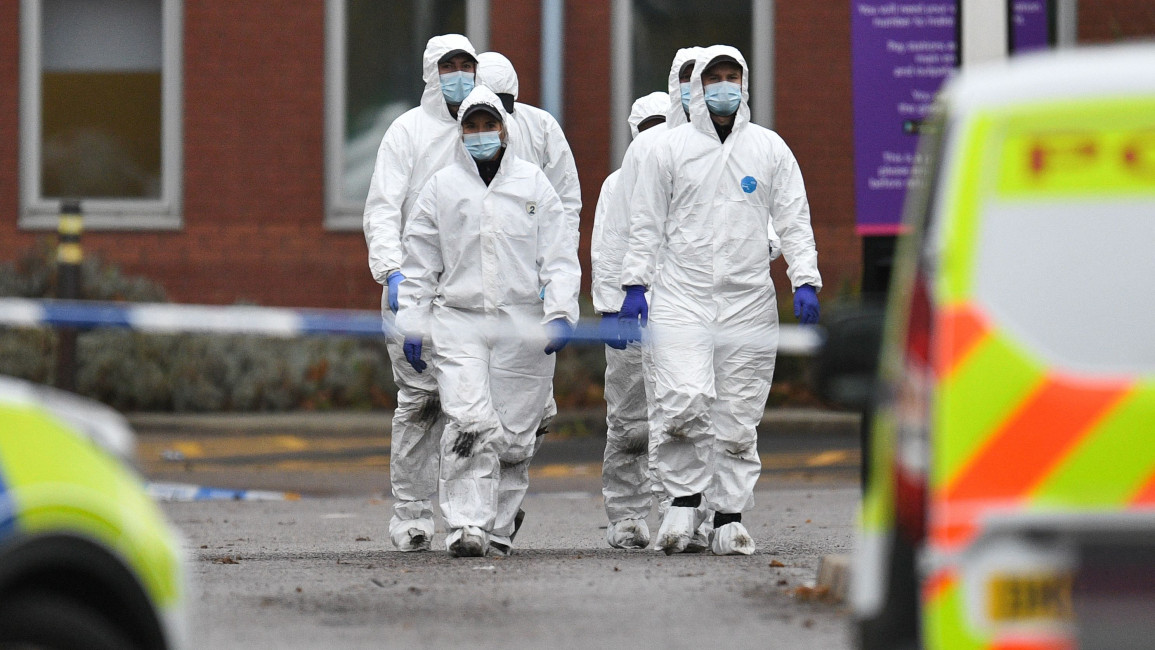Liverpool blast survivor says it's a 'miracle' he is alive
The taxi driver who survived the botched bombing inside his cab in the northern English city of Liverpool last weekend said on Sunday it was a "miracle" that he was alive.
In a statement released through local police, David Perry called the attack - which involved a crude homemade bomb containing ball-bearings - "an evil act".
Iraq-born Emad Al Swealmeen's improvised device went off in the back of Perry's taxi outside a hospital, just moments before events to honour military war dead on Remembrance Sunday.
Swealmeen, 32, was killed in the fireball, while the taxi driver escaped with minor injuries.
Police, who promptly declared the blast a terrorist incident, are still piecing together what happened and the motive behind the attack, but reports have said quick-thinking Perry locked the bomber inside the vehicle.
"I feel like it's a miracle that I'm alive and so thankful that no one else was injured in such an evil act," he said in the brief statement, which did not detail the events.
"I now need time to try to come to terms with what's happened and focus on my recovery both mentally and physically."
Swealmeen planned the attack for at least seven months, counter-terrorism police in northwest England said on Wednesday, using "many aliases" to purchase the ingredients for the bomb.
The officer leading the probe said on Friday the homemade bomb would have caused "significant injury or death" if it had properly detonated.
It was the second attack in Britain within a month, after a British MP was stabbed to death as he met constituents in southeast England in October.
The two attacks prompted the government to raise the terror threat level from "substantial" to "severe" -- the second-highest -- meaning an attack was "highly likely".



